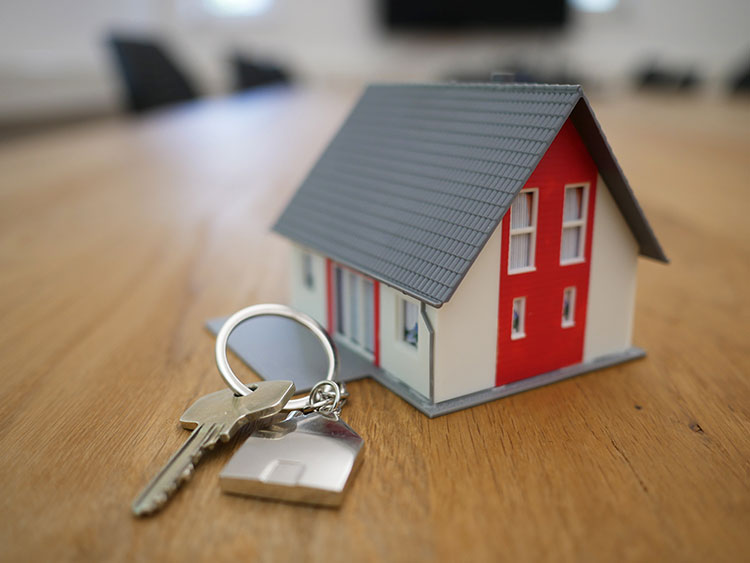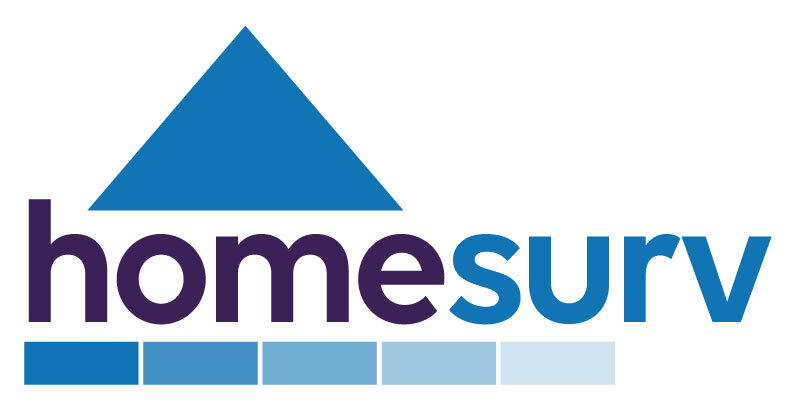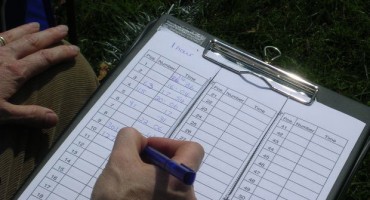
Buying a home comes with a lot of responsibility; there’s so much to consider! The paperwork from the solicitors, estate agents and the bank can become overwhelming. However, before you invest in your dream home, it might be a good idea to get a property survey from a professional Chartered Surveyor. Homesurv is a member of the Royal Institution of Chartered Surveyors (RICS), enabling us to offer RICS endorsed home surveys. These include:
- RICS Condition Report
- RICS HomeBuyer Report
- RICS Building Survey.
1. Which Survey Do I Need To Choose?
Each report requires a different level of investigation. The type and size of the property is a significant factor, and an assessment of what the objectives are for the buyer gives us a better indication of the report or survey needed.
A Condition Report provides a fundamental overview of a property’s construction and condition. If you’re about to buy a nearly new or brand new home? The Condition Report is a perfect choice. Some of the criteria would include:
- Have the windows been installed correctly?
- Do the air vents work and in the correct position?
- Are the walls and floors level to the correct tolerance?
- Have the roof fascias and lining been correctly positioned?
- Do all the plumbing and electrical points work as they should?
A HomeBuyer Report provides a higher level of information and is perfect for most modern properties of standard construction. The property should also be in an appropriate state of repair. In some circumstances, the HomeBuyer report may not reveal hidden problems with the construction or condition of the building; depending on the age, location and size of the property, we would recommend the RICS Building Survey.
The RICS Building Survey gives you a comprehensive report of the structure and condition of a property. All the RICS Building Reports are carried out by a professional surveyor. Some of the questions we would as before offering this report include:
- Is the building extremely complicated or complex?
- What type of materials has been used in the building of the property?
- Is the building large in size?
The RICS Building Survey allows for a complete visual inspection and detailed report.
2. What’s Included In A Building Survey?
The RICS Building Survey starts with an in-depth visual inspection of all accessible building elements, both internally and externally, including loft spaces, garages and outbuildings. We can’t:
- Move furniture or other large items
- Gain access to locked cupboards
- Test appliances or utility services.
The RICS Building Survey is completed in detail and is mapped out using the RICS’ traffic light’ template. Because the building survey can become technical for the home buyer, the traffic light template makes it user-friendly and easy to understand. Here are some examples of what to expect in the report.
- A detailed description of each feature and any observed defects
- Photographic evidence
- Damp, timber decay or structural movement problems
- Recommendations about repair options
- Cost estimates
- Consequences of inactivity
- Notification of potential concern to legal advisers or problems that could threaten your health & safety.
Building Surveys can be used for any property; furthermore, particularly useful in the following circumstances:
3. Is The Building Large?
A Building Survey will enable the surveyor to thoroughly inspect a large building and existing grounds with a site visit. The report may take several hours but will allow for the rich detail required by the survey.
4. Is Your Property An A Listed building?
Buildings with architectural or historical significance may have been designated as Grade I, Grade II* or Grade II listed. Your solicitor will be able to confirm whether the building you are buying has a listed status. Listed Building Consent must be obtained before any modifications can legally be made to the structure or character of the building.
Even if the condition of a period property or listed building appears to be sound, we will be able to detect small defects of underlying issues that the untrained most people can’t see. In addition, we will provide information about problems that may be occurring in areas that are obscured or inaccessible. You will also receive information about maintaining important period features and traditional construction techniques that a simpler report would not cover.
5. Do You Have An Older property?
A Building Survey is the right choice for buildings constructed more than 70-80 years ago. Period properties such as:
- Historic cottages
- Properties from the 1930s
- Victorian
- Edwardian homes
- Non-standard buildings.
Would benefit from a full survey, allowing the elimination of problems in the future.
6. Do You Know Of Any Defects?
If you are buying a property suspecting there might be issues with the building on account of visible damp patches or softened timbers, a Building Survey is the answer here. A full investigation will take place that will help you understand the nature, severity and urgency of the problem and the best repair methods.
7. Has The Building Been Subjected To Any Alterations?
Suppose the property has undergone substantial alterations or modifications in the past or requires major refurbishment. In that case, a Building Survey is recommended to assess its overall condition in detail, especially the convergence of old and new materials. This applies regardless of the age of the property.
If you still doubt getting a property survey from a professional Chartered Surveyor, please talk to Homesurv. We are friendly, reliable and price our reports to be highly competitive. We can recommend the best report for you and can give a hassle-free quote anytime.


